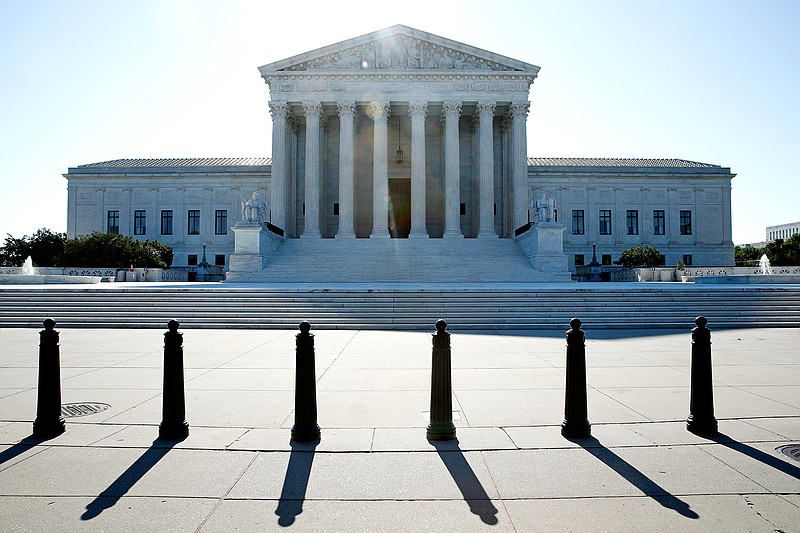WASHINGTON - In a ruling underscoring the power of the president, the Supreme Court on Monday made it easier for the president to fire the head of the Consumer Financial Protection Bureau.
The justices struck down restrictions Congress had written on when the president can remove the bureau's director.
"The agency may continue to operate, but its Director, in light of our decision, must be removable by the President at will," Chief Justice John Roberts wrote.
The court's five conservative justices agreed that restrictions Congress imposed on when the president can fire the agency's director violated the Constitution. But they disagreed on what to do as a result. Roberts and fellow conservative justices Samuel Alito and Brett Kavanaugh said the restrictions could be stricken from the law. The court's four liberals agreed, though they disagreed the restrictions were improper.
The decision doesn't have a big impact on the current head of the agency. Kathy Kraninger, who was nominated to her current post by the president in 2018, had said she believed the president could fire her at
any time.
Under the Dodd-Frank Act that created the agency in response to the 2008 financial crisis, the CFPB's director is appointed by the president and confirmed by the Senate to a five-year term. The law had said the president could only remove a director for "inefficiency, neglect of duty or malfeasance in office." That structure could leave a new president with a director chosen by the previous president for some or all of the new president's time in office.
"We hold that the CFPB's leadership by a single individual removable only for inefficiency, neglect, or malfeasance violates the separation of powers," Roberts wrote.
The Trump administration had argued that the restrictions improperly limited the power of the president.
"While the President has full confidence in the current director of the CFPB and believes that she has fully upheld her statutory duties, the President also believes that no official should hold such immense powers without, at least, being directly accountable to a democratically-elected President regardless of party affiliation," White House press secretary Kayleigh McEnancy said in a statement following the ruling.

